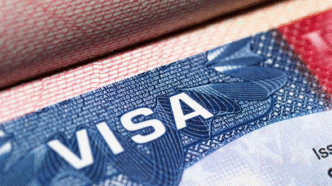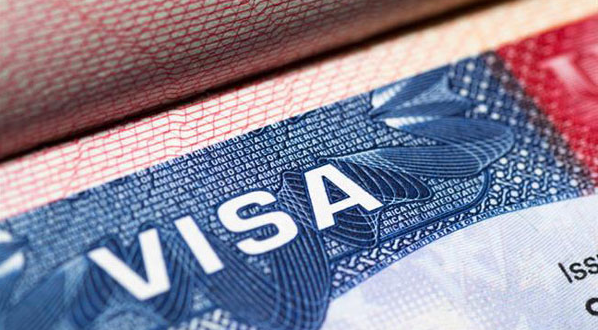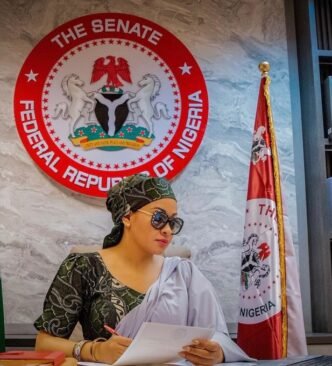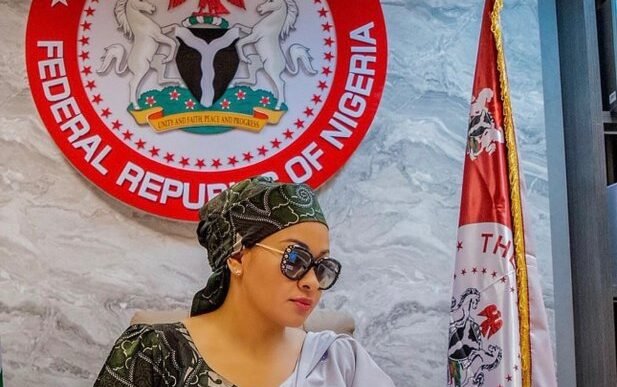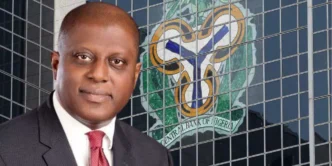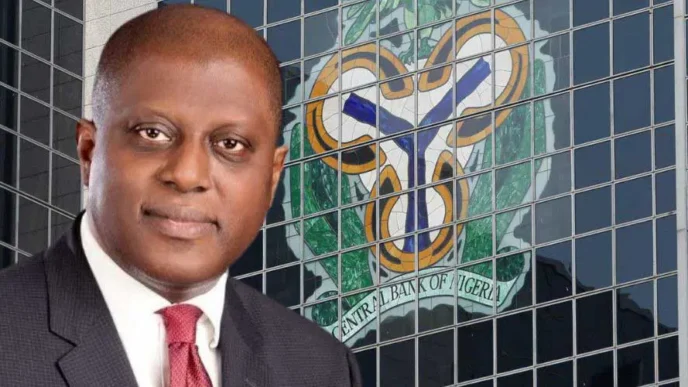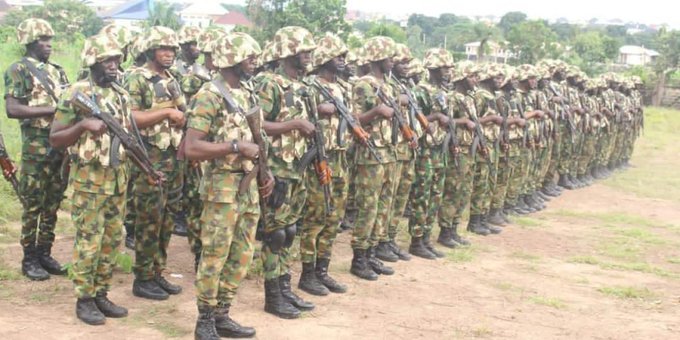The United States has once again sounded a strong warning to Nigerian public officials as the US Mission in Nigeria announced that individuals involved in corruption, electoral malpractice, and anti-democratic activities will not be granted American visas.
The message, which resonates with Washington’s long-standing stance on promoting democracy, accountability, and the rule of law in Nigeria, is a reminder that corrupt practices will attract direct international consequences.
US Mission’s Zero-Tolerance Stand
According to the US Mission, the decision to deny visas to corrupt politicians and officials is part of a broader effort to support Nigeria’s democratic institutions. A statement issued in Abuja emphasized that those undermining the country’s democratic process, particularly through financial crimes, electoral violence, vote buying, and abuse of office, will face strict sanctions.
The Mission noted:
“The United States stands firmly with the Nigerian people in their demand for transparency, accountability, and good governance. We will not allow those who undermine democracy or engage in corruption to freely enjoy the privileges of travel or residency in the United States.”
Why the Ban Matters
Nigeria is Africa’s largest democracy and economy, yet its governance system continues to grapple with entrenched corruption, abuse of power, and a culture of impunity. The US Mission’s move represents both a diplomatic and symbolic action against these systemic issues.
Visa restrictions target what many Nigerians perceive as the elite’s escape route—sending their families abroad, investing in foreign assets, and seeking medical treatment or education in the US while failing to deliver quality governance at home.
By cutting off access to these privileges, the United States hopes to pressure Nigerian leaders into adopting more responsible governance practices.
A Familiar Policy with New Urgency
This is not the first time the United States has taken such a stance. Over the past decade, Washington has imposed visa restrictions on several categories of Nigerians, including:
- Politicians involved in electoral malpractice during general elections.
- Government officials implicated in corruption and money laundering.
- Individuals found guilty of undermining human rights and the rule of law.
However, the new announcement signals a tougher, more direct enforcement policy, particularly as Nigeria faces rising insecurity, economic challenges, and governance concerns.
Impact on Nigerian Officials
The US visa ban poses both practical and reputational consequences for targeted individuals:
- Restricted Travel
Many Nigerian elites view travel to the US as a necessity, whether for family, education, or leisure. Losing this privilege will be a significant inconvenience. - Reputational Damage
Being blacklisted by the United States carries a stigma that can weaken political careers and international credibility. - Pressure on Governance
Officials who prioritize their foreign interests may now be forced to focus on domestic accountability and service delivery.
US-Nigeria Relations and Democracy
The United States has long positioned itself as a partner in Nigeria’s democratic journey. Over the years, Washington has invested heavily in electoral reforms, civic education, and capacity-building programs aimed at strengthening Nigerian institutions.
By leveraging visa sanctions, the US hopes to reinforce the message that democracy must not be subverted for personal or political gain.
Political analysts argue that these restrictions also serve as a deterrent ahead of future elections, reminding politicians that the world is watching.
Nigerian Reactions
The announcement has triggered widespread reactions across Nigeria’s political and civic space.
- Civil Society Groups have welcomed the move, describing it as a powerful statement against corruption.
- Youth activists argue that such sanctions are necessary to checkmate politicians who often act with impunity.
- Political elites, however, have expressed mixed feelings. While some claim the policy infringes on Nigeria’s sovereignty, others acknowledge it as a wake-up call for reform.
A political commentator in Lagos said:
“For too long, Nigerian leaders have looted the country and then gone abroad to enjoy the proceeds. Denying them visas is a way of telling them that the world is no longer willing to be complicit in their excesses.”
The Broader Fight Against Corruption
The US visa restriction complements both local and international efforts to combat corruption in Nigeria.
Locally:
- The Economic and Financial Crimes Commission (EFCC) and the Independent Corrupt Practices and Other Related Offences Commission (ICPC) continue to pursue corruption cases, though they face criticism for selective prosecutions.
- State-level anti-corruption campaigns have also gained traction, though results remain uneven.
Internationally:
- The US has, in the past, collaborated with Nigeria to recover stolen assets.
- Other countries, including the UK, have imposed similar sanctions on corrupt officials.
This coordinated global response underscores the fact that corruption is not merely a domestic problem but a transnational issue.
Possible Loopholes
Despite the strong stance, critics argue that visa bans may not be enough to curb corruption. Some elites may simply redirect their interests to other destinations such as Dubai, South Africa, or Europe.
Others point out that unless Nigeria strengthens its own judicial system and anti-corruption agencies, external measures will have limited long-term impact.
However, proponents insist that the embarrassment, inconvenience, and global signal sent by the ban remain effective deterrents.
Looking Ahead
The US Mission’s declaration comes at a time when Nigeria is facing critical governance challenges—rising inflation, currency devaluation, fuel subsidy controversies, and security threats.
Analysts believe that international partners, including the United States, will continue to use diplomatic tools such as visa bans, asset freezes, and financial restrictions to hold Nigerian leaders accountable.
For the Nigerian people, the hope is that such measures will force leaders to prioritize governance over self-interest.
Conclusion
The decision by the United States to deny visas to corrupt Nigerian officials is more than a travel restriction—it is a moral and political statement against bad governance.
It highlights the fact that corruption not only weakens Nigeria internally but also damages its global reputation. By cutting off access to privileges abroad, the US is sending a clear message: those who fail to serve their people faithfully cannot expect to enjoy the benefits of global mobility and prestige.
Whether this policy sparks real reform in Nigeria remains to be seen, but for millions of citizens, it is at least a sign that the international community is not turning a blind eye to the excesses of the political elite.

